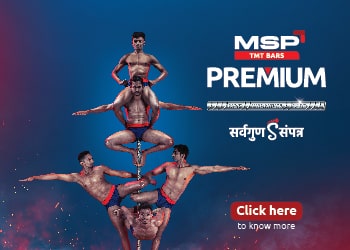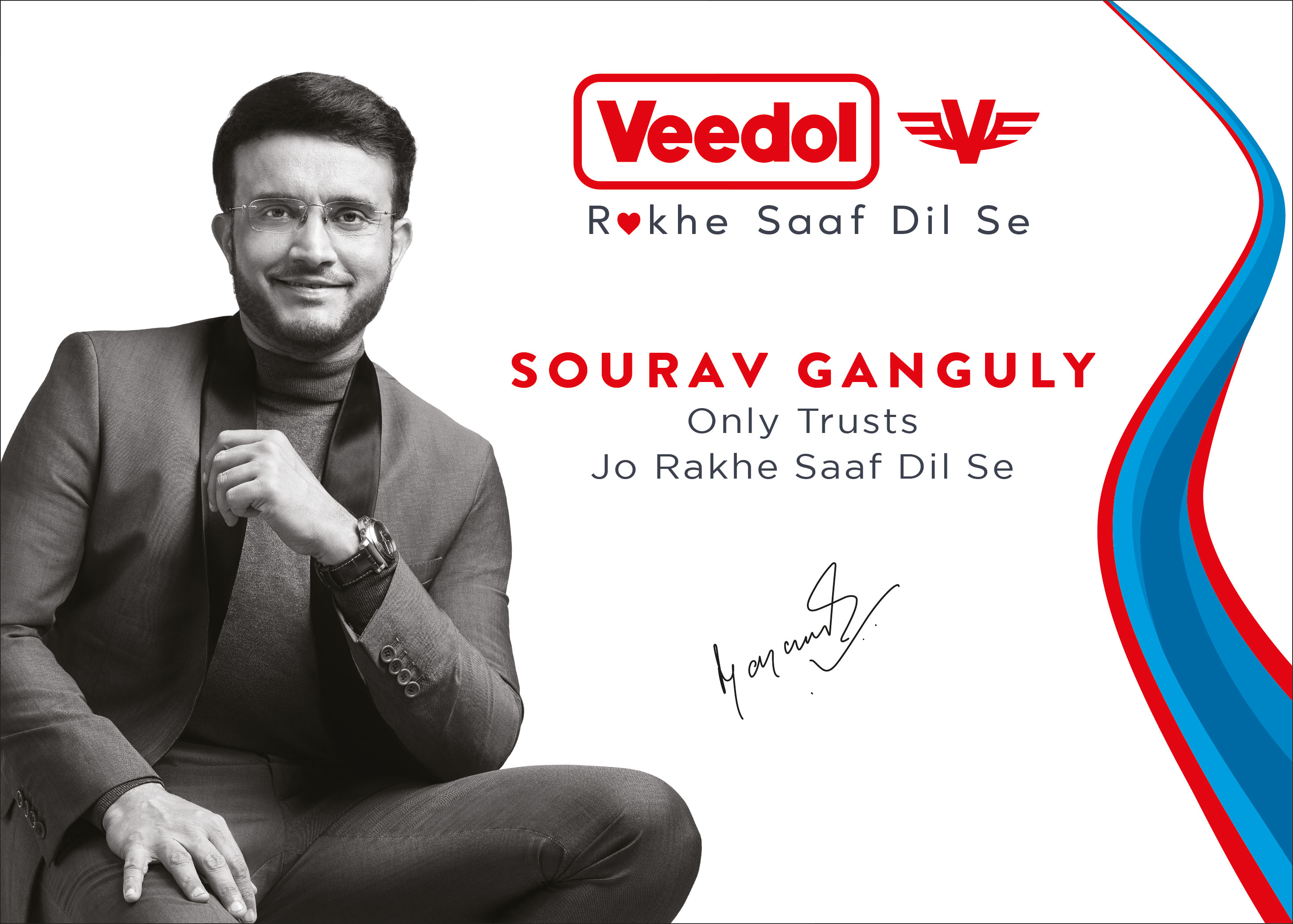Indian highways will become toll plaza free in two years: Gadkari
Union minister for Road Transport and Highways Nitin Gadkari has said the Global Positioning System (GPS) technology adopted for toll collection will make Indian highways toll plaza free in the next two years. Speaking at the ASSOCHAM Foundation Week Programme, Gadkari said the adoption of the GPS technology will help the National Highways Authority of

Union minister for Road Transport and Highways Nitin Gadkari has said the Global Positioning System (GPS) technology adopted for toll collection will make Indian highways toll plaza free in the next two years.
Speaking at the ASSOCHAM Foundation Week Programme, Gadkari said the adoption of the GPS technology will help the National Highways Authority of India earn toll revenue of Rs 1.34 lakh crore in the next five years.
“With the help of Russian government we have accepted the GPS system and in next two years we will have toll collection system running on GPS technology. Indian highways will become toll plaza free in the next two years, ensuring seamless movement of vehicles across the country,” Gadkari said during the event.
Explaining about the GPS system, the minister said that the toll amount will be deducted directly from the bank account based on the movement of vehicles.
“While now all commercial vehicles are coming with vehicle tracking systems, the government will come up with some plan to install GPS technology in old vehicles,” Gadkari added.
He further said the toll collection is expected to reach Rs 34,000 crore this year by end of March and in the next five years, the toll income earned in the next five years will be Rs 1.34 lakh crore.
In July last year, the government had proposed the conversion of all toll lanes at all national highways to 'FASTag lanes'.
Gadkari also informed that the government is planning to make a 'hill city' in 19 km stretch between Zojila tunnel and Z-Morh tunnel under Kargil with the cooperation of governments of Union Territories of Leh-Ladakh and Jammu and Kashmir.
“For this I am taking help from Hafeez Contractor who has collaborated with a Swiss architect as we need to generate new ideas for the hill station, we want to develop different types of rides on the snow, construct resorts, hotels, restaurants, convention centres. It will boost tourism in the region and attract people both from within India and abroad,” he said.
Gadkari further said he was confident that this project would be profitable as it would lead to growth in traffic for the tunnel and toll collection would grow.
“I will soon meet the governments of both the Union Territories. Their land will be equity, Re 1 lease rate will be there and they will give land as equity. I will develop infrastructure, road, transport, water, communication and we will sell the plots by making plans of hotels, restaurants, resorts, convention centres, residential accommodation by which we can get good profit and by the way of Public private investment we plan to make it a success story of the hill station. Both Leh-Ladakh and Jammu and Kashmir governments will be partners and stakeholders and his ministry will take land from them for this project,” he added.
The minister also noted that there is a need to plan a strategy to promote industries in urban, rural, tribal areas and 115 aspirational districts. He also emphasized on the need to promote public-private investment in infrastructure development.
“Using public-private mode of investment, we planned worth Rs 16 lakh crore Sagarmala project and we had completed project works worth Rs 6 lakh crore during my regime, and our profit in ports was Rs 7,000 crore per year during that time,” he said.
The minister further said that steel companies have increased prices by 55 per cent in six months. “I have written a letter to the PM that we need sit and take a decision at the highest level as reducing productivity and hiking the costs is not a good strategy. Same is with cement sector and such policies are not going to be viable for a long term. We need to come up with a long-term policy in this regard for cement and steel manufacturers. There is a need for uniformity in the policy,” Gadkari said.
Hits: 102

















